Debunking common misconceptions to help you drink smarter
When it comes to alcohol, myths and misconceptions abound. From what types of liquor are “stronger” to whether certain drinks affect you more, many widely held beliefs simply aren’t true. These myths can influence how we drink and the choices we make, often leading to unhealthy behaviors or misunderstandings. In this article, we’ll address five of the most common alcohol myths and set the record straight. Knowing the truth can help you make better choices the next time you enjoy a drink.
1. Myth: Dark Liquor is Always Stronger Than Light Liquor
One of the most pervasive myths is that dark liquors, like whiskey and rum, are stronger than light liquors, such as vodka or gin. In reality, the strength of liquor is determined by its alcohol by volume (ABV) percentage, not its color. Many dark and light liquors have similar ABV percentages, meaning they can be equally strong. The color of the liquor comes from the aging process or additives, not the alcohol content.
- Truth: The color of the liquor doesn’t affect its potency. Check the ABV to determine its strength.
2. Myth: Beer Before Liquor, Never Been Sicker
You’ve probably heard the old saying, “Beer before liquor, never been sicker; liquor before beer, you’re in the clear.” This rhyme suggests that the order in which you consume alcoholic drinks determines whether or not you’ll get sick. However, it’s not the order that matters—it’s the quantity. Drinking large amounts of alcohol, regardless of the type or order, can lead to a hangover or worse.
- Truth: It’s how much you drink, not the order, that affects how you feel the next day.
3. Myth: Drinking Coffee Sobers You Up
Many people believe that drinking coffee after a night of heavy drinking can help sober them up. While coffee might make you feel more alert, it does not lower your blood alcohol content (BAC). The only thing that can sober you up is time. Drinking water and resting will help your body process the alcohol more effectively, but caffeine won’t speed up that process.
- Truth: Coffee can make you feel awake, but it won’t reduce your blood alcohol levels.
4. Myth: Wine is Always Healthier Than Beer
While wine has a reputation for being a “healthier” option because of its antioxidants, beer also contains beneficial nutrients like B vitamins and certain antioxidants. The key to reaping any health benefits from alcohol is moderation. Both beer and wine can be part of a healthy lifestyle when consumed responsibly. The idea that wine is inherently better for your health than beer is a misconception.
- Truth: Both beer and wine have health benefits when consumed in moderation, but neither is inherently “healthier.”
5. Myth: Alcohol Warms You Up
It’s a common belief that drinking alcohol can help you stay warm in cold weather. While alcohol may give you the sensation of warmth, it actually lowers your core body temperature by causing your blood vessels to dilate, which leads to heat loss. This is why drinking alcohol in freezing temperatures can be dangerous, as it increases the risk of hypothermia.
- Truth: Alcohol might make you feel warm, but it actually lowers your core body temperature.
Conclusion
These common alcohol myths have been debunked, showing that much of what we believe about alcohol isn’t entirely true. From the color of your drink to the order in which you consume it, understanding the truth behind these misconceptions can help you make smarter, more informed choices about your drinking habits. Next time someone repeats one of these myths, you’ll know the facts and be able to drink responsibly and wisely.


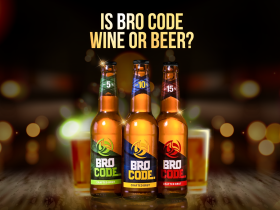
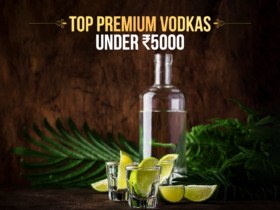
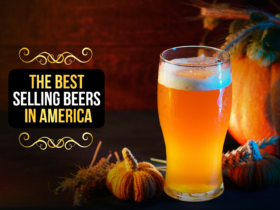
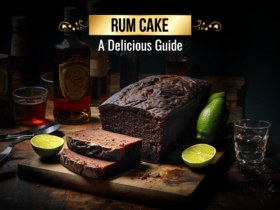


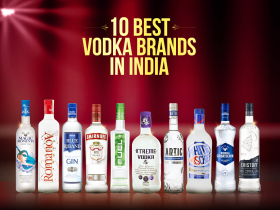
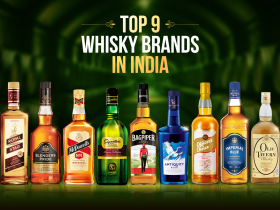






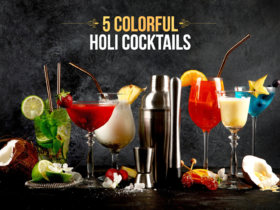


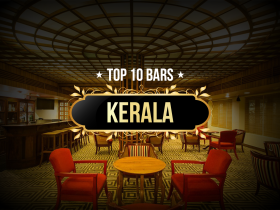
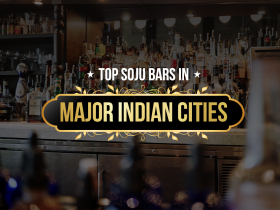
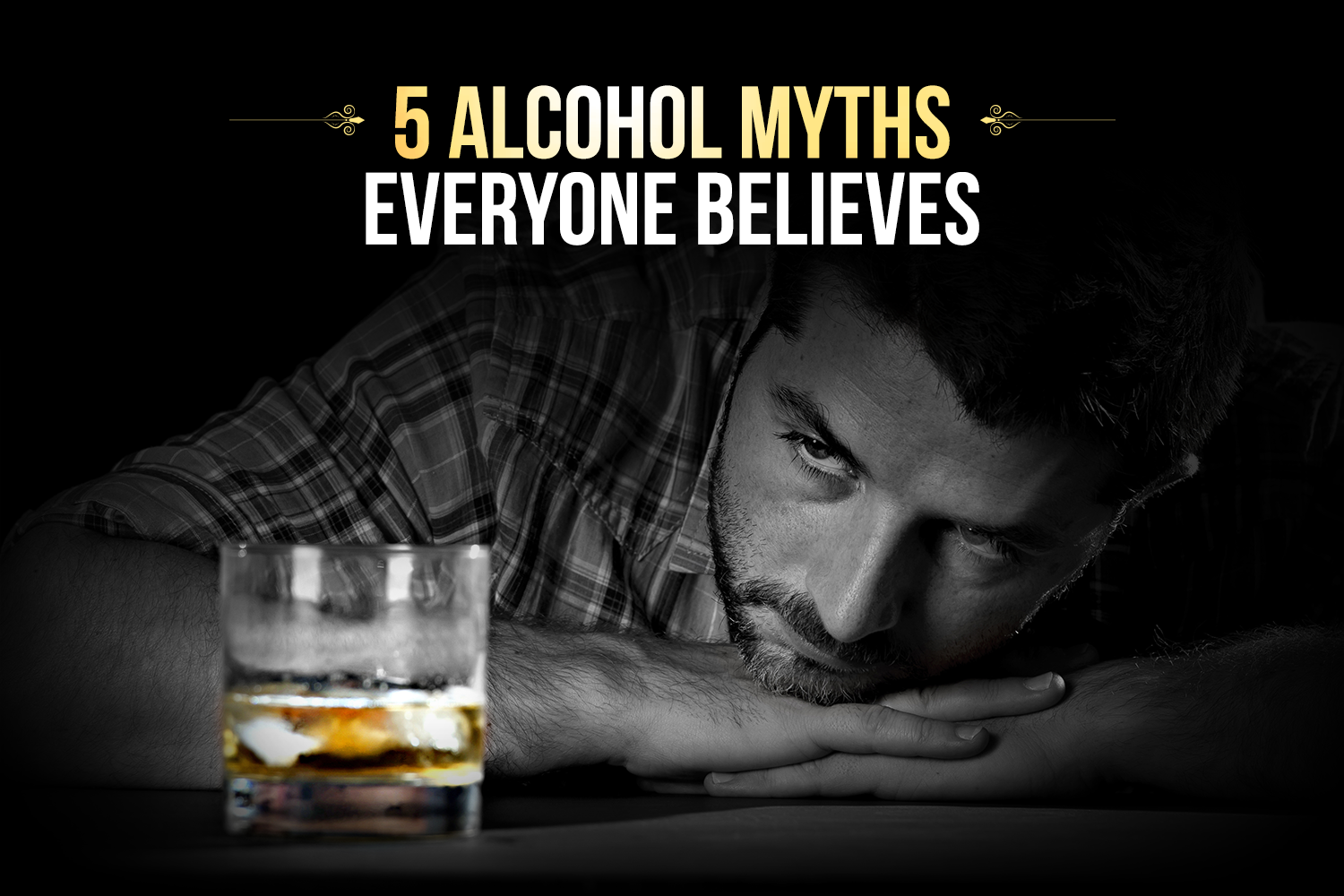
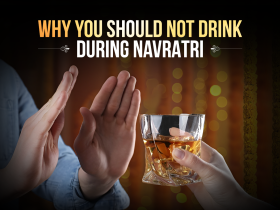
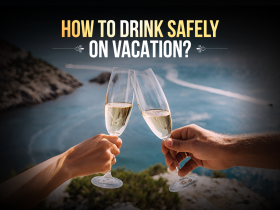

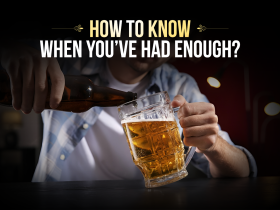
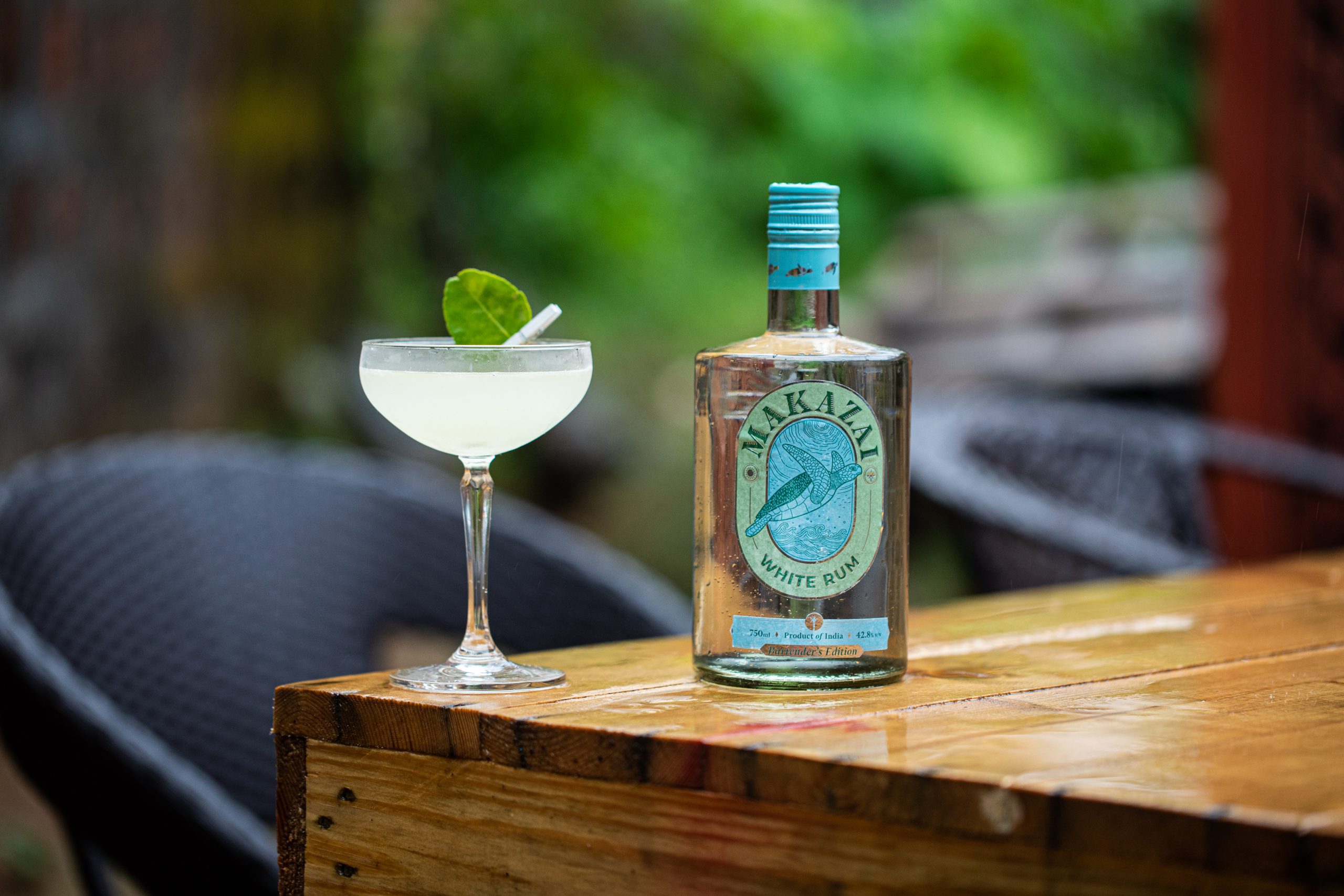
Leave a Reply